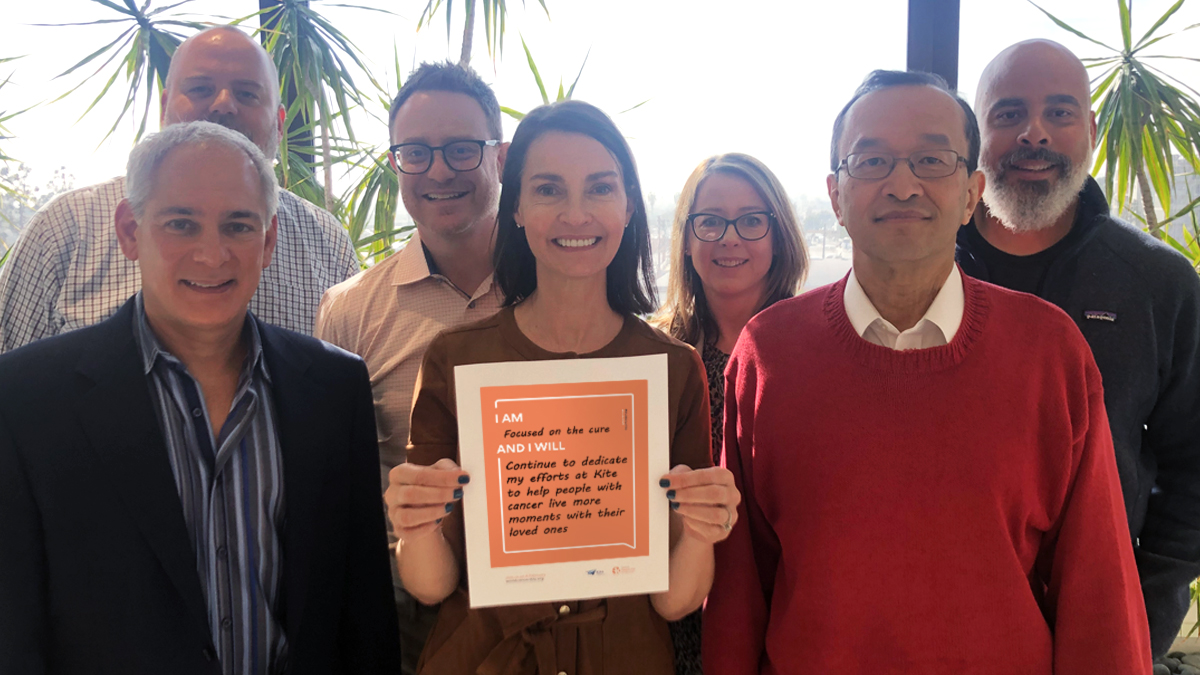Scientific Innovation
World Cancer Day 2020: We Need to Keep Going
Christi Shaw - February 04, 2020 - 3 min read
Leading up to World Cancer Day, the Union for International Cancer Control asked community leaders from around the world: “What is the bravest thing we can do about cancer?” We often hear questions such as, “What’s the number one thing we can do to improve outcomes?” Or “What is the most meaningful advancement we’ve made?” But sometimes it is all too easy to forget that behind the science, the policy, the collaborations and the research, there is the patient. And it is the bravery of that patient – to enter a trial or to question what is attainable with treatment – that makes everything we do possible.
Because of this, I believe the bravest thing we can do is come together – as companies, research institutions, organizations and individuals – on behalf of the patients we serve. It doesn’t matter who gets there first. For everyone facing cancer, it just matters that we get there as fast as we possibly can.
If our goal, as a community, is for cancer-related deaths to approach zero, then we have serious work to do. As we look ahead to the next 30 years, there is reason to be more energized than ever about the path ahead.
The Future of Cancer Treatment: What Does Progress Look Like?
The last three decades have seen an explosion in cancer treatments unlike anything we’ve seen before in medicine. Armed with the growing knowledge not only of tumor biology, but also of our own immune systems, we’ve been able to accelerate innovations such as immunotherapies, which have transformed the outlook for people around the world. Engineered T cell therapy (CAR T) represents potentially the biggest breakthrough since the introduction of combination chemotherapy more than 60 years ago.
What’s next?
For breakthroughs such as CAR T, the biggest measure of success – and of progress – is getting them to as many patients who need them as possible. How do we deliver them faster? How do we make them work for more people?
Cell therapy manufacturing is a complex, carefully controlled, multi-step process. The next horizon of treatments includes off-the-shelf therapies that don’t require a patient’s own cells to create and can therefore get to patients faster and more efficiently.
It also includes solid tumors. Today’s CAR T has been potentially life-changing for people with certain kinds of blood cancers, but there are so many more people to help. According to the American Cancer Society, more than 85% of new cancer cases in the U.S. were solid tumors in 2019, and solid tumors accounted for more than 80% of all cancer deaths. Cell therapy trials in all types of solid tumors are accelerating, and it’s so exciting to be at the edge of this scientific frontier. Progress also often inspires us to reflect on the true goal of medical innovation. Is it extending life or improving quality of life? Can it really be both? I believe it can.
As many of you know, my sister lost her battle with multiple myeloma. She was on several different innovative therapies, including CAR T, and was able to be with us for four more years. That means a lot to anyone when it’s your sister, brother, mom, dad or any loved one. Our goal is to make those numbers stretch to 10, and 20, and 30 years or more – of longer lives, and better lives.




